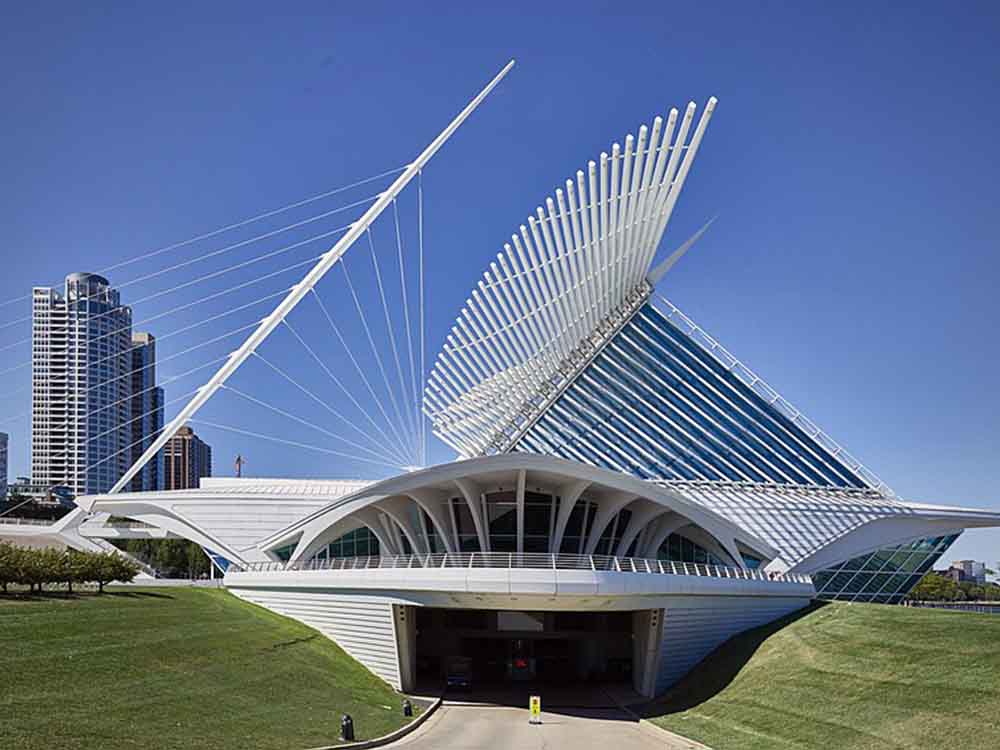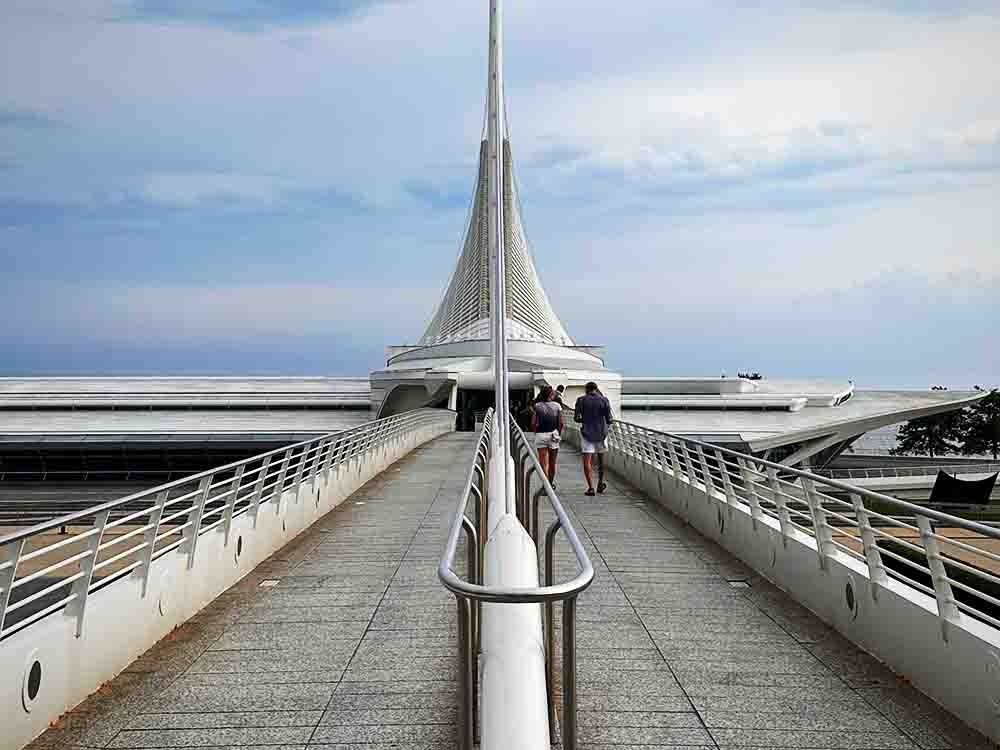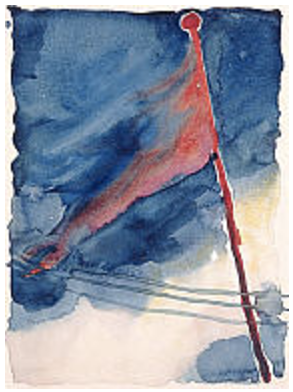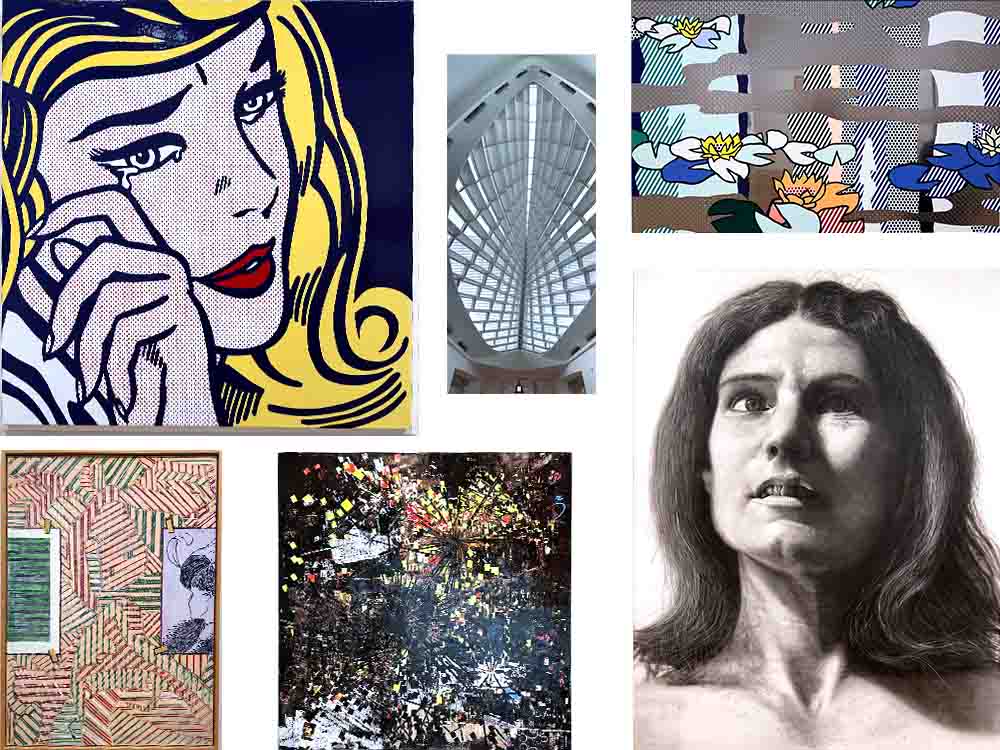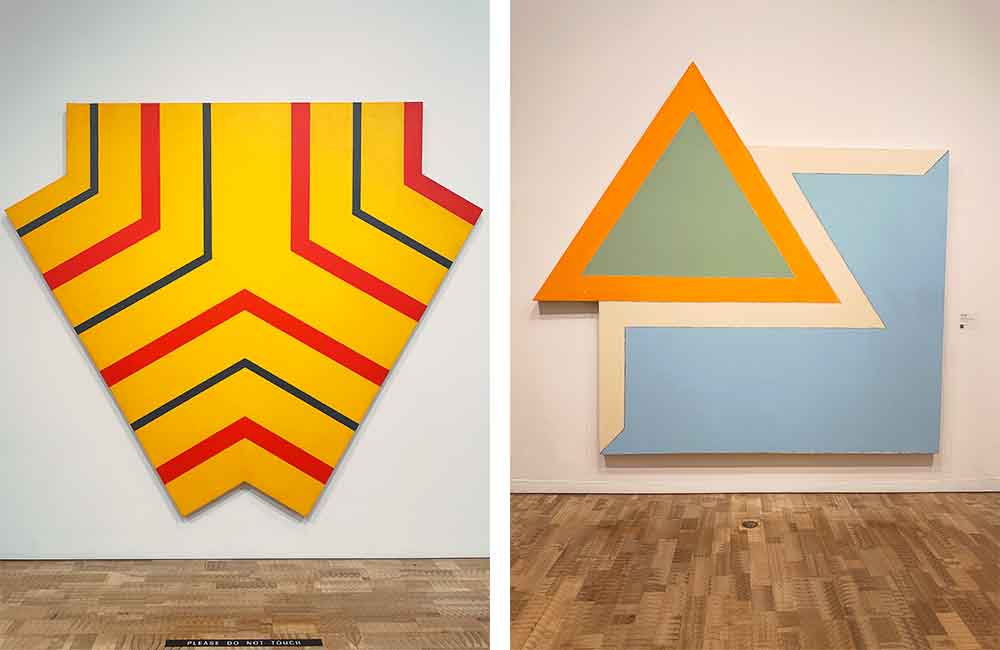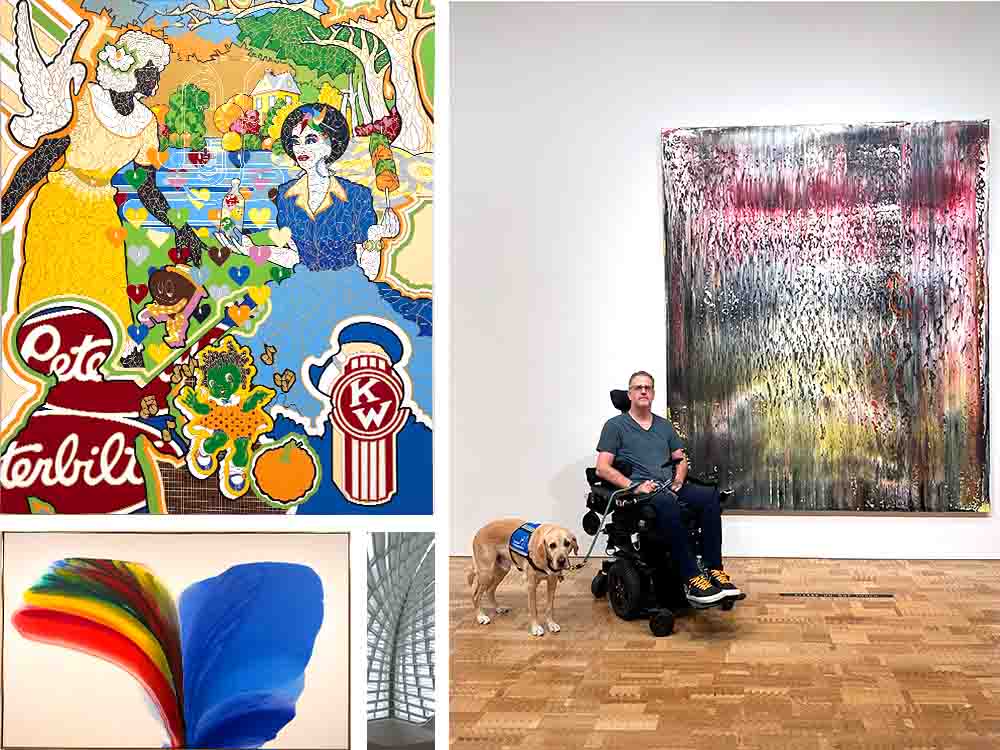If you’ve ever driven along Lake Michigan and wondered if a UFO landed in Wisconsin, rest easy, it’s just the Milwaukee Art Museum (MAM) flexing its architectural wings. Designed by Santiago Calatrava, the museum’s Burke Brise Soleil (that enormous kinetic “wing” roof that opens and closes daily) feels like a cross between a swan taking flight and a Transformer mid-morph. Spoiler: it makes every other museum entrance look like a sad beige shoebox.

The Milwaukee Art Museum: Where Architecture Is the First Exhibit
Before you even look at a single painting, you’re floored by the building itself. The Milwaukee Art Museum is basically Milwaukee’s Beyoncé, glamorous, iconic, and always stealing the spotlight. Designed by Spanish starchitect Santiago Calatrava, the Quadracci Pavilion was his first U.S. commission, instantly transforming Milwaukee into an architectural pilgrimage site. Its star feature, the Burke Brise Soleil, is a movable wing structure that spans 217 feet and opens daily like a giant mechanical bird greeting Lake Michigan. (Fun fact: it’s one of the largest movable structures in the world.) Locals casually refer to the museum as “the Calatrava,” which sounds like insider code for people with advanced degrees in urban design.
Crossing the Reiman Bridge, a sleek suspension footbridge also designed by Calatrava, feels cinematic, as if you’re walking into a futuristic cathedral of culture. If the design feels familiar, it’s because Calatrava has a signature style that shows up in landmarks across the globe: the Oculus at the World Trade Center in New York, which resembles a ribcage of light; the Turning Torso skyscraper in Sweden, which spirals like a dancer mid-twirl; and the City of Arts and Sciences in Valencia, Spain, which looks like a sci-fi film set waiting for spaceships to land. Standing in Milwaukee, you realize you’re connected to this global constellation of jaw-dropping architecture, just with a stronger lake breeze and a higher chance of cheese curds before noon.
Inside the Collections: From Old Masters to Modern Mischief
Once you’ve recovered from the architectural mic drop outside, the museum’s collection hits you with over 30,000 works of art spanning centuries, continents, and a few questionable fashion eras. You move from a medieval Madonna giving you that 600-year-old side-eye to a Rothko canvas that feels like the ancestor of every ambient LED light strip sold on Amazon.
One of the crown jewels here is the museum’s deep collection of Georgia O’Keeffe, Wisconsin’s own art-world superstar. You’ll find her flowers, equal parts delicate and rebellious, reminding you that scale and perspective can turn petals into universes. It’s one of the largest O’Keeffe collections outside of Santa Fe, which is a point of pride Milwaukee wears like a championship ring.
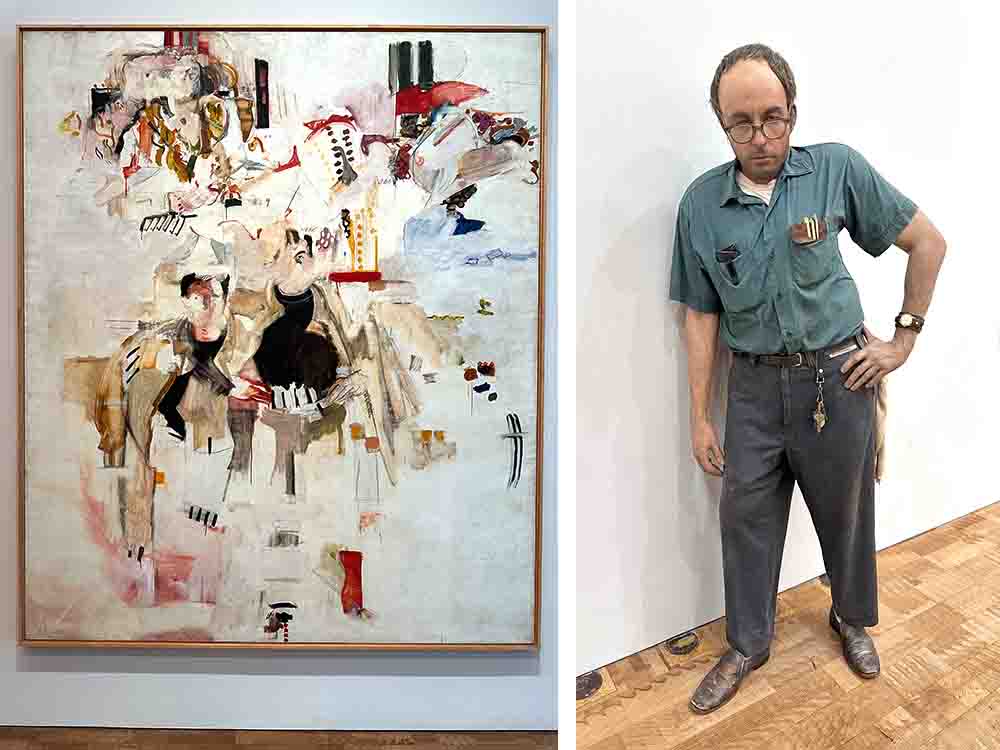
The photography galleries are another gem, ranging from Ansel Adams’ majestic landscapes (proof that black-and-white still slaps) to experimental contemporary works that will either inspire you or make you whisper, “Wait, is this art or my iPhone camera roll?”
And then there’s the folk and Haitian art collection, a riot of color, texture, and cultural storytelling that feels like stepping into an alternate carnival of creativity. It’s joyful, layered, and vastly underrated compared to the big-name modernists upstairs.
Don’t skip the decorative arts and design wing either. It’s where you’ll find sleek furniture that looks like it belongs in a James Bond villain’s lair, plus glasswork so delicate you’ll involuntarily hold your breath while walking past.
The Milwaukee Art Museum doesn’t just show art, it throws you into a cultural kaleidoscope where the old masters gossip with the modern rebels, and everyone seems to be in on the joke.
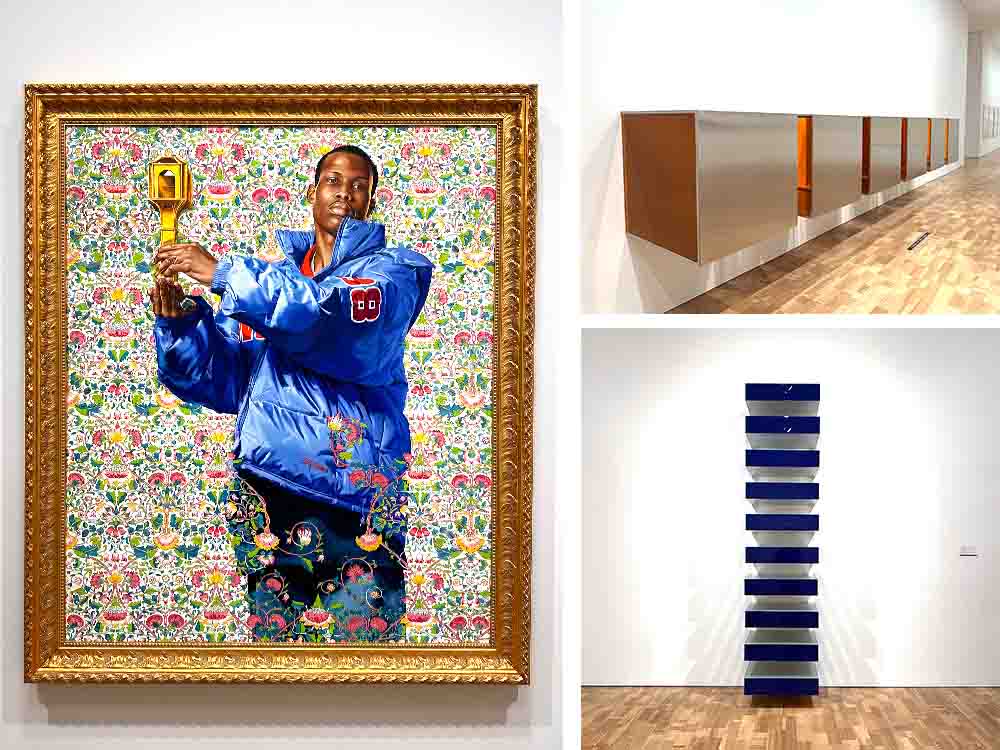
Why the Milwaukee Art Museum Is the Cool Kid of the Midwest
Chicago may hog the spotlight, but Milwaukee’s museum has that underdog charm. It’s intimate without being provincial, bold without being pretentious, and it doesn’t feel like you’re in a 6-hour Netflix binge when you’re just trying to see the highlights.
Plus, there’s something profoundly “Midwestern nice” about the whole experience. Guards actually smile at you. The café sells cheese curds. The gift shop has a surprisingly well-curated book section (translation: you will spend money here even though you swore you wouldn’t).
Art Lovers, Put This on Your Bucket List
If you’re hunting for things to do in Milwaukee or looking for must-see American art museums, the MAM is a pilgrimage worth making. Whether you’re an architecture geek, an art history major, or just someone who wants a killer Instagram shot that screams cultured but fun, this museum delivers.
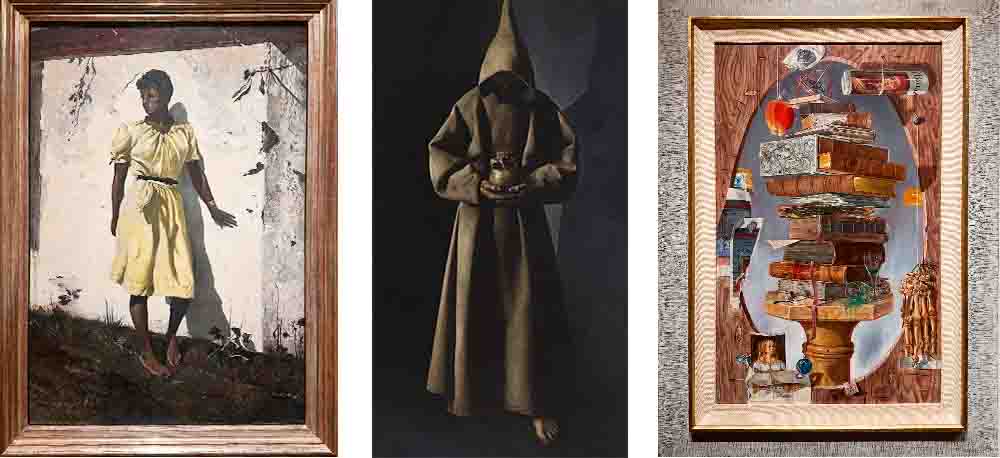
Next time you’re near Milwaukee, if you want to skip the usual beer-and-baseball routine for a few hours and let your brain feast on world-class art inside a building that literally flaps its wings. It’s proof that the Midwest isn’t just about cheese, it’s about art and culture with wings.
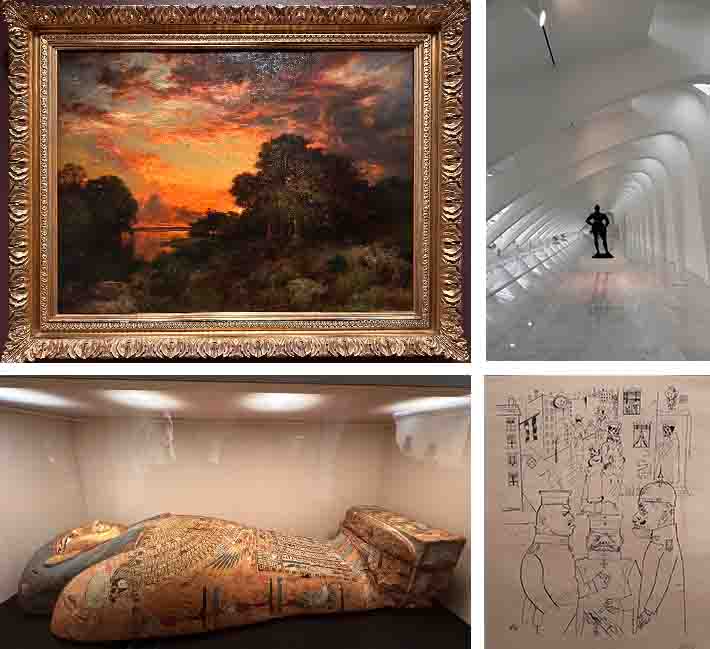
Plan your visit now, bring your curiosity (and maybe a sweater for that lake breeze), and prepare to leave with your imagination fully expanded.
Have you been to the Milwaukee Art Museum? Share your favorite piece or your funniest “museum selfie” mishap in the comments below. And if you loved this article, pass it on to a fellow art lover who thinks the Midwest is just cornfields; it’s not.
Looking to explore more art genres? Head over to JoeLatimer.com for a multidisciplinary, visually stunning experience. ☮️❤️🎨
Enjoy this blog? Please help spread the word via:


